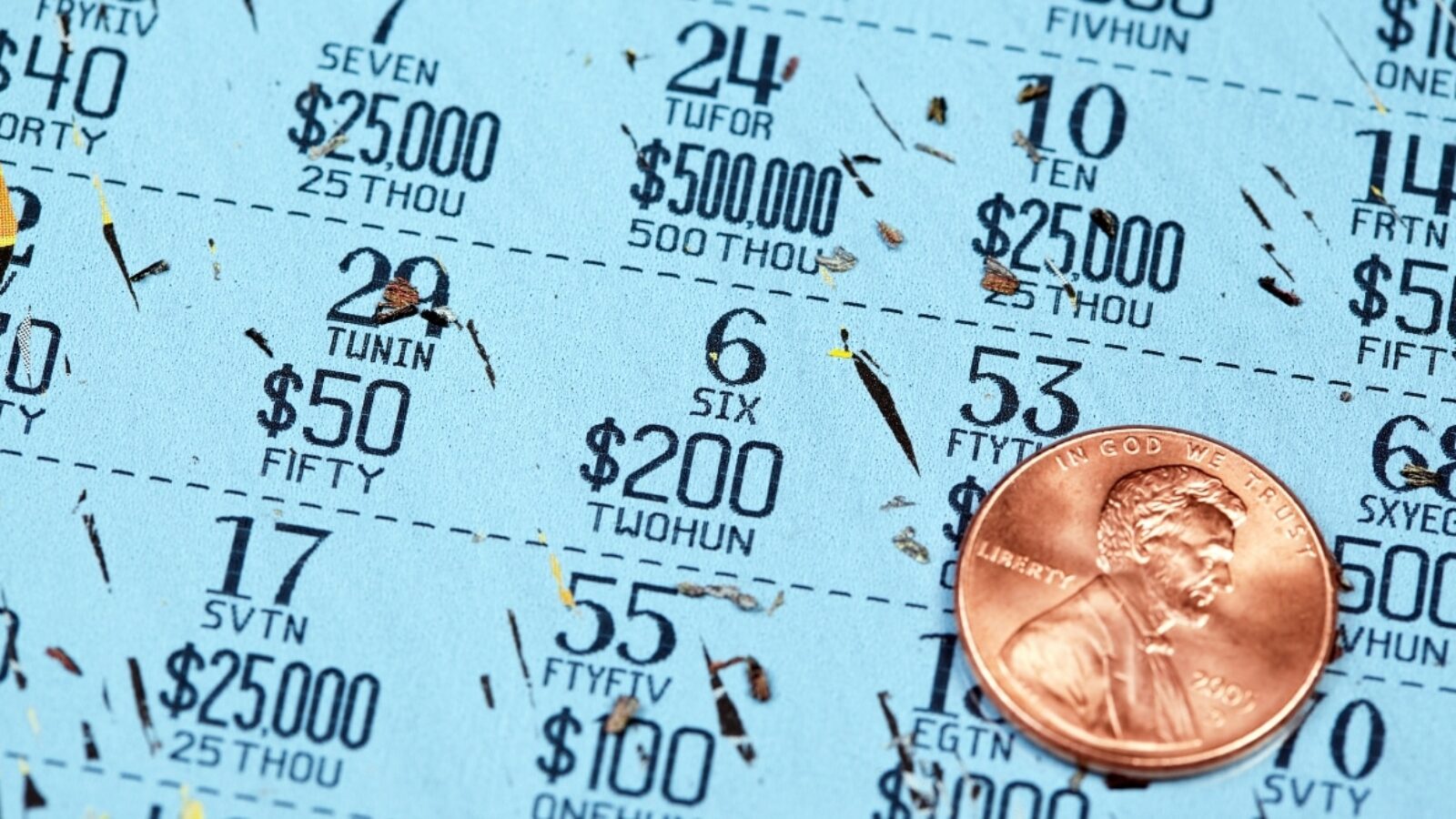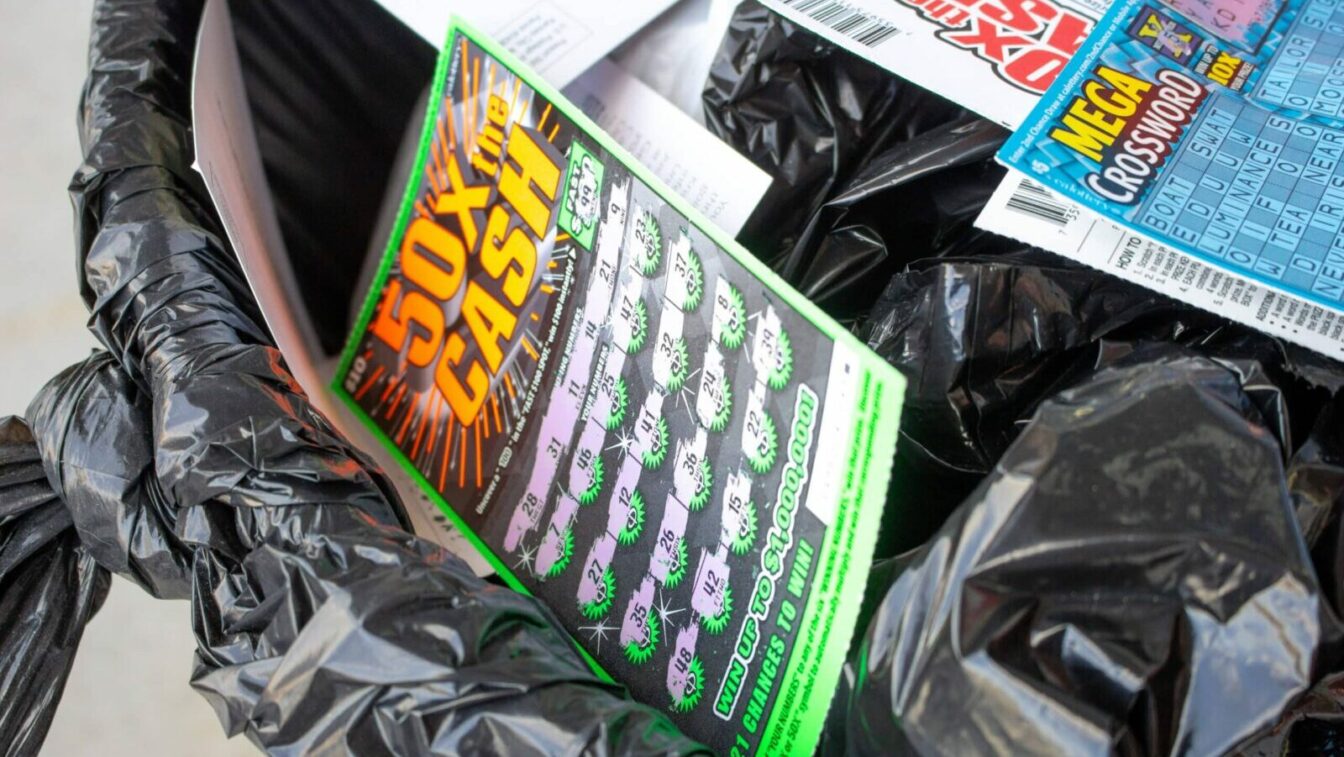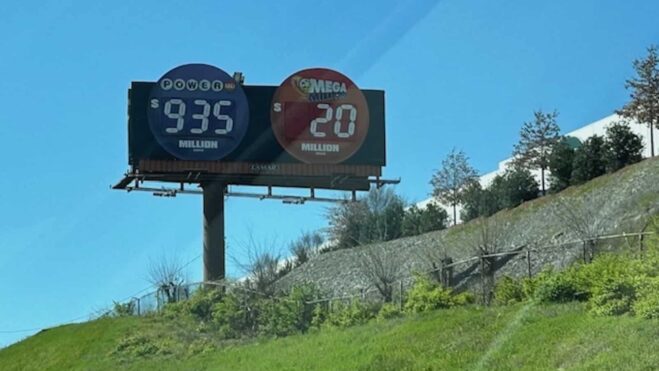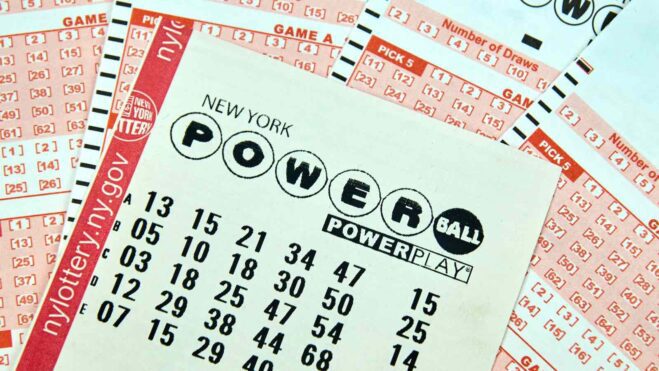Scratch tickets have been in the mainstream for decades. Everyone has played at least one game. Believe it or not, some have made money on the darn things. That said, there are also a lot of people who view scratch-offs as a pathway to more gambling. For better or worse, these tickets will be around for a long time. After all, they’re a stable part of the lottery industry. One might wonder how these things got so popular and why they were even created in the first place.
To indulge the reader, Lottery Geeks set out on a mission to discover the origins of scratch tickets.
The beginning
Scratch tickets got their humble beginnings in the 1970s. It might be hard to imagine for readers today, but scratch-offs, as they’re sometimes called, haven’t been around forever. Before 1974, all the lottery player could do was buy a traditional lottery ticket.
Those within the industry knew the whole thing was getting boring. Customers knew they probably wouldn’t win a huge jackpot, with the odds of winning the lottery being heavily stacked against them. The only solution was to offer another product to keep the players interested. Not to mention engaged with the lottery’s main offerings at the time.
Lottery companies didn’t have a product in mind that they could sell to the customer that would be different than a traditional lottery ticket, make the lotto companies money, and stay within the regulatory boundaries of the day.
That was until a computer geek started doing his thing.
Computer geek geekin’ out
John Koza, a genius dude with a Ph.D. in computer science from the University of Michigan, spent the early part of the ’70s making printed bingo cards for U.S. grocery stores.
These were the bingo cards that stores would give customers to encourage them to return and spend more money in the store. The cashier would give the card to the little old lady whom everyone affectionately called Grandma. Grandma would scratch the bingo card like she did at the bingo hall every Friday night with the girls and find out she won 10 percent of her next bill. She’d stack her cart to the top during her next visit, hand the cashier a $100 bill and the ticket, and still have change to spare. All parties walked out of the situation happy.
Koza’s job was to design the computer algorithms that made the bingo cards fair for all parties.
Everything was good for a couple of years until Koza was fired from the bingo card job in 1972.
Let’s make some real money.
In 1972, Koza was unemployed but filled with entrepreneurial spirit. He knew what he helped create for grocery stories could apply to other business areas, especially the lottery. Koza set out to nail down what he wanted to do: create a lottery game.
The lottery game, now known as scratch tickets (or cards in European countries), would give customers an immediate payoff. No more needing to watch the 6 p.m. draw to see the numbers. Scratch a ticket, and the customer will know if they’re a winner in no time.
The computer scientist built on his preexisting algorithm that created these scratch cards through randomization. He tinkered with the little things to ensure the odds would be attractive to the seller of the scratch card games and the buyer.
Of course, like anything algorithmically based, it was a grind to write the code, but Koza made it work.
Partnering up
However, Koza needed help with the marketing aspect of selling the game to lottery companies. That’s when he called an old co-worker of his named Dan Bower. Bower was a strong candidate for the partnership because he had previous experience as a retail promoter. Such expertise came in handy when trying to sell this new, what some would call a “radical” concept, to dumbfounded investors at the time.
In 1973, the two would create the Scientific Games Corporation (SGC).
The old pals club
After SGC’s creation in 1973, the two would pitch the scratch card idea to many lottery companies.
The Massachusetts Lottery was intrigued by what Koza and Bower were pitching. Following a top-tier selling job from the SGC founders, the lottery company, headed by a former Michigan alum, bought 25 million cards.
The next issue to combat was the regulation on a state and federal level. Since the scratch card idea was new and the technology used to create it was advanced, lawmakers had to work with SGC and the Massachusetts Lottery to understand how the game worked. Lawmakers also wanted to ensure that the customers were getting as fair of a shot at winning something as what was being marketed.
The next hurdle that had to be overcome was dealing with counterfeit tickets. From the onset, counterfeit tickets were a massive topic of discussion. Lawmakers and lottery companies wanted to know that people couldn’t take advantage of the system being put in place.
Koza, along with some help from other clever minds, decided to create a secret coating for their cards that would make it very hard to counterfeit. Everyone approved of the solution.
Let the good times roll
The game was ready to be sold in stores once all the regulatory and anti-cheating problems were handled.
Once “The Instant Games,” as it was dubbed, hit the stores, customers couldn’t get enough of it. The scratch cards took off like professional wrestling in the ’80s and made about three times what the lottery usually made in one week with traditional draw tickets. The company sold about $2.7 million worth of cards. That would be over $18.5 million in today’s money when adjusted for inflation.
Koza described the ticket frenzy to The New York Times.
“Stores were demanding extra tickets,” he said. “The paperwork was overwhelming. We had to print more tickets, and then, of course, all the other states took notice because the sales were just spectacular.”
Koza talked about how he thought the ticket’s design helped lead to its success.
“In the ’70s, the New York scratchcards celebrated local tourist attractions like Letchworth and Whiteface Mountain. Some of those early tickets were really quite elegant,” he said. “In the beginning, there was a feeling that the attractiveness of the ticket had something to do with the success of the game.“
In two years, the company would be worth $15 million, around $92.7 million today.
Growth of the game
SGC was a very successful venture that caught the eyes of prominent businesses and potential investors. Eventually, in 1981, SGC would be sold to Bally Manufacturing, the company that made arcade games and pinball machines.
In 1985, SGC took scratch tickets to a new level when the California Lottery ordered 700 million tickets. Add in the invention of the Take-a-Ticket, a product designed to display scratch tickets easily without taking up too much space. The idea was that if the customer could see the ticket up close, they were more likely to buy one. That’s how the retail stores still showcase scratch tickets today, using a Take-a-Ticket. From there, scratch tickets became a global phenomenon, with many countries successfully introducing them to their lottery sectors.
Although the way tickets are distributed nowadays has changed, the critical elements of scratch-offs remain firmly in place. That’s mainly thanks to Koza’s efforts many years ago.






